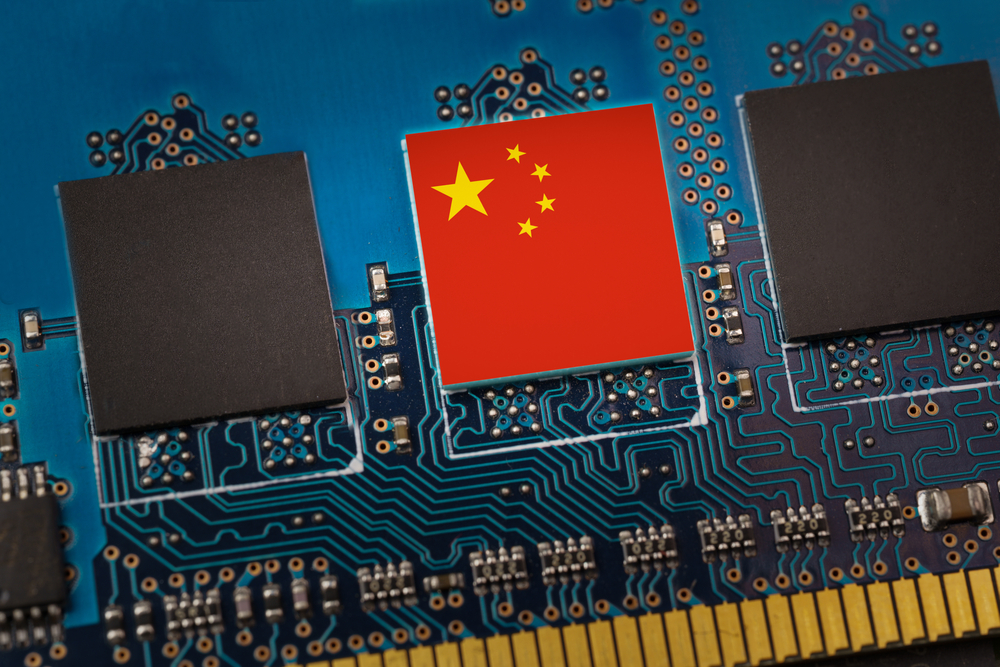Microsoft has sounded an alarm on new technological threats emanating from China and North Korea that leverage AI to conduct malicious operations aimed at the US.
The Microsoft Threat Analysis Center (MTAC) report focuses on the weaponization of AI to sow social discord and compromise national security.
“In the past year, China has honed a new capability to automatically generate images it can use for influence operations meant to mimic U.S. voters across the political spectrum and create controversy along racial, economic, and ideological lines,” Microsoft stated in its report.
The company elaborated on the technology behind these operations: “This new capability is powered by artificial intelligence that attempts to create high-quality content that could go viral across social networks in the U.S. and other democracies.”
It continues, “These images are most likely created by something called diffusion-powered image generators that use AI to not only create compelling images but also learn to improve them over time.”
We’ve already seen plenty of evidence of this occurring domestically, including viral scams associated with Elon Musk, fake pictures of explosions at the Pentagon, and a mysterious AI-generated interview that was alleged to include a deep fake version of Donald Trump’s voice before observers U-turned and said it was real.
The latter is an example of how deep fakes also create a “liar’s dividend” where politicians and public figures can refute something that tarnishes their reputation as ‘fake’ when it’s genuine, highlighting the multi-layered risks of conflating reality and fakes.
Campaign focus and targets
According to Microsoft, Chinese state-affiliated actors are leveraging AI to target politically divisive issues in the US, such as gun violence.
Earlier today, Google stipulated that AI-generated political ads must clearly indicate this if they include “synthetic content that inauthentically depicts real or realistic-looking people or events.”
“This technology produces more eye-catching content than the awkward digital drawings and stock photo collages used in previous campaigns,” Microsoft’s report said, adding that the technology will only improve.
Microsoft also highlighted threats from North Korea, stating, “In addition to what we’ve observed from China, North Korea is a capable cyber threat, focusing on intelligence gathering and the theft of cryptocurrency needed to generate revenue for the state.”
Ongoing threat assessment
The MTAC’s new report is part of an ongoing series aimed at evaluating digital threats from East Asia.
It outlines specific sectors and regions at heightened risk and underscores the need for collective action to guide the governance of the international AI industry, which has heated up in recent weeks.
Meanwhile, the US government continues to cut off China’s procurement of high-end chips designed for training AIs, chiefly purchased from Nvidia.
China plans to create its own domestic chip manufacturing industry to reduce overseas dependencies for AI hardware.
Microsoft is raising the alarm about the escalating geopolitical tensions between China and the US, and AI lies at its intersection.





